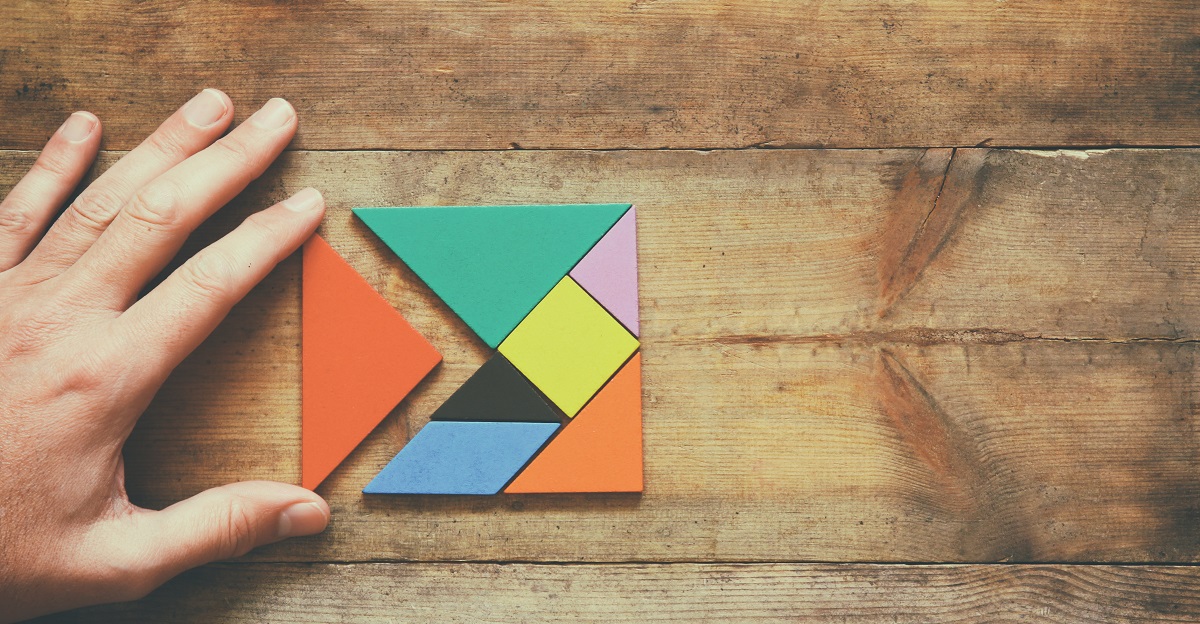Crush Your Wellness Goals with Habit-Formation Psychology
 Resolutions are hard. So are the numbers on that bathroom scale in the morning. And the number of pages in that book you’ve always been meaning to read. But, by using the psychology around habit-formation, we can help you figure out how to choose your resolution and how to keep it. The best place to start is habit-formation, a process that can be broken into two phases: initiation and learning.
Resolutions are hard. So are the numbers on that bathroom scale in the morning. And the number of pages in that book you’ve always been meaning to read. But, by using the psychology around habit-formation, we can help you figure out how to choose your resolution and how to keep it. The best place to start is habit-formation, a process that can be broken into two phases: initiation and learning.
1. The Initiation Phase
(AKA “starting small will help you succeed.”)
This phase starts, obviously, with picking your goal. But, it also includes picking a setting for that goal. More on that later. First, you need to pick a goal that is achievable. A simple rule of thumb: if your goal is small, it’s achievable. Especially if you’re starting a brand new skill or habit. If you have a big goal, like quit your job and become an astronaut, you may have to break it down into smaller, more specific tasks. Even “reading one classic novel a month” can be too large. “Reading ten pages a day” is small. And, because of that, infinitely more doable.
Now, the setting. If you’re confused, this is quite literally the location where you’ll be achieving your goal. It should be picked based on how frequently you’re there. A place you’re at daily is ideal. Your bedroom for instance. Or the shower. Or the mirror when you brush your teeth (bonus points since you’re there twice a day, right?). Once you’ve figured out your small goal, and the best place to do it regularly, you can move on to phase two: learning.
2. The Learning Phase
(AKA “repeating an action in the same context will make it stick.”)
In this phase, you should focus on doing the new behavior you desire at least daily. The more often you repeat an action the more ingrained in your life it becomes. Repeating the same task or activity over and over again is critical to having it transform into a habit that stays with you. According to a recent study on the effects of habit-formation by researchers at University College London:
“The idea of repeating a single specific action…is very different from typical advice given to people trying to take up new healthy behaviors, which often emphasizes variation in behaviors and settings to maintain interest…Variation may stave off boredom, but is effortful and depends on maintaining motivation, and is incompatible with development of automaticity.”
So, unless your resolution is to “be more spontaneous” repetition of your new activity is vital. The study points out that while motivation is important, it’s actually not as important as consistency, which also emphasizes the importance of your setting as a trigger.
“Once initiation of the action is ‘transferred’ to external cues, dependence on conscious attention or motivational processes is reduced.”
The time and place act as a trigger for your brain to remind you to initiate and stick to your resolution. Eventually you will start to associate the time and place with the action you’ve chosen. By keeping the time and place constant, you increase the likelihood your resolution will become second nature. If you do this step right you’ll actually feel strange if you don’t do your resolution when you encounter that setting.
On average it takes 66 days for a habit to become fully autonomous. So, stick to it for 66 days, and you’ll have successfully won your New Year’s resolution. Go you!




